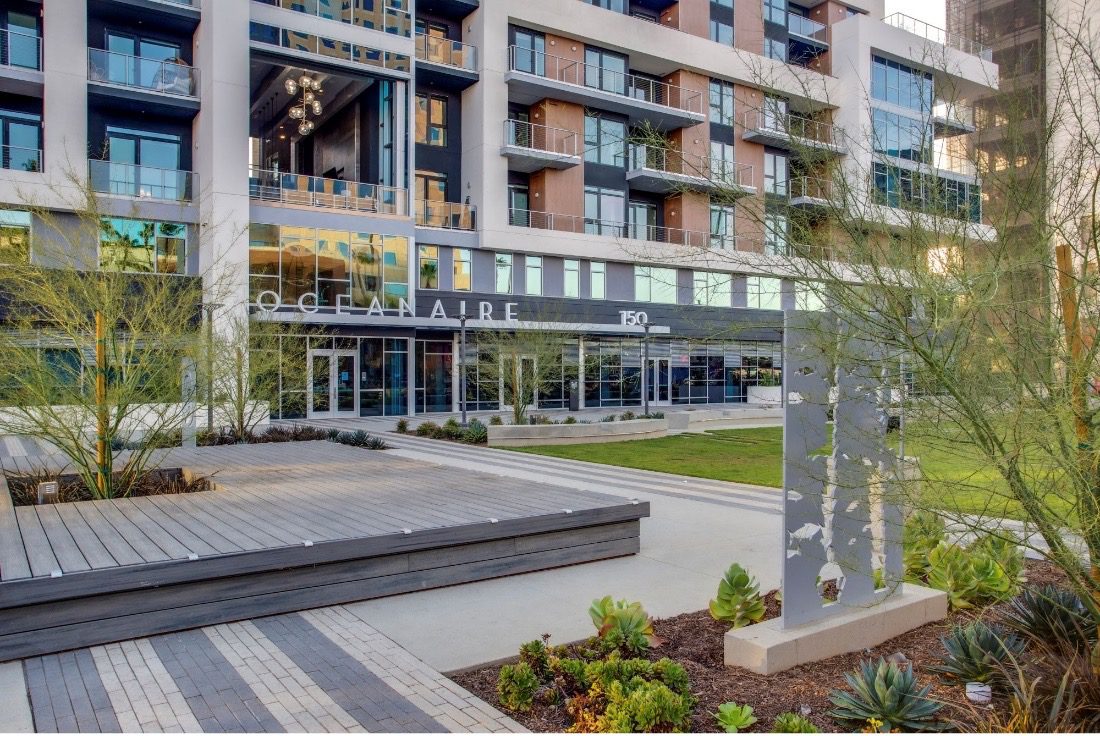HR&A supported the Boston Planning and Development Agency (BPDA) in studying the feasibility of converting vacant downtown offices to residences through subsidies, tax incentives, and expedited permitting, which resulted in the City launching an office conversion pilot program. Since its launch in October 2023, the program has received applications proposing 400 new homes, and in 2024 the City extended the pilot with $15 million in new funding from the State.
This study is part of an ongoing effort by the City of Boston to generate strategies and initiatives that can revitalize Boston’s Downtown in the wake of the COVID-19 pandemic. Shifts in how we work, office space utilization and commuting patterns have resulted in lower tax revenue for the City of Boston as well as less foot traffic to support retail options and a safe and active street-level experience. HR&A analyzed potential new uses for vacant and underperforming office buildings, the costs associated with conversion, incentives for spurring conversions, and the impacts of repositioning office buildings on the city, its workers, residents, and visitors.
Based on our findings, HR&A recommended an actionable tax abatement to successfully convert vacant Downtown office spaces to viable uses. The project entailed data review and market analysis; building type inventory and reuse assessment; stakeholder interviews; financial analysis; funding strategies; and policy recommendations.
Explore
Press
Converting Boston’s offices to housing is tricky, but it’s starting to happen — WBUR
Boston’s downtown office to residential conversion program gets $15M state boost — Boston Herald
Boston extends office-to-housing conversion program until 2025 — Axios
Why converting Boston’s empty offices to homes is harder than it looks — Axios




